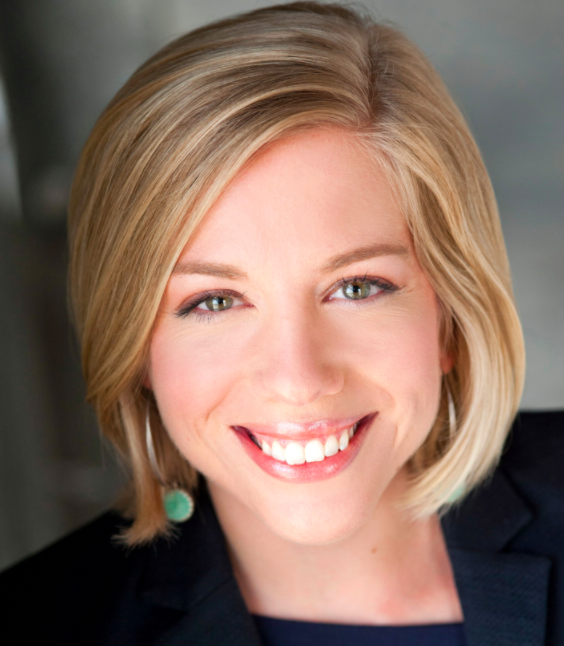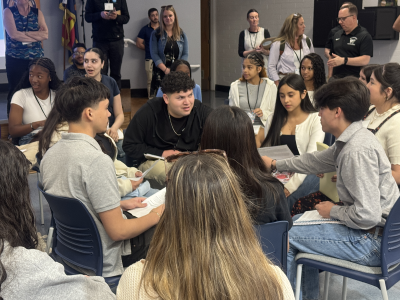Alternative Credential Adoption in Higher Ed
Topics

Educators are the lead learners in schools. If they are to enable powerful, authentic, deep learning among their students, they need to live that kind of learning and professional culture themselves. When everyone is part of that experiential through-line, that’s when next generation learning thrives.
Whatever you might call them, various types of alternative credentials have gone mainstream in many areas outside of academia.
Nanodegrees. Microcredentials. Digital badging.
Whatever you might call them, various types of alternative credentials have gone mainstream in many areas outside of academia. Professional associations, industry organizations, and nonprofits have embraced them as a way for members and patrons to demonstrate participation in certain activities or in completing training modules. They are a visual, verifiable answer to “show me what you know,” as employers increasingly seek out hires whose skillsets can be proven rather than merely listed on a résumé.
Many discussions have arisen regarding modularized education and the technology required to support it, such as those resulting from the Next Generation Digital Learning Environment report, which was released by EDUCAUSE Learning Initiative this past spring. Institutions that offer alternative credentials would allow individuals to show knowledge acquisition in niche areas, codifying achievements that previously went unacknowledged as part of a greater whole (the ‘traditional credential’).
Earning an alternative credential, however, remains a bold new frontier for many traditional degree-granting institutions.
In a recent Teaching and Learning article for Inside Higher Ed, Paul Fain notes that the tide is turning. Institutions aren’t just looking at microcredentials to show job-related soft skills (customer relations, teamwork) and technical competence, but are exploring partnerships with other colleges and universities where modular content and skills assessments are done in an à la carte fashion.
Fain reveals that seven brand name universities—Georgia Institute of Technology, Northwestern University, the University of Washington, University of California’s Davis, Irvine and Los Angeles campuses, and the University of Wisconsin Extension—have kicked off such a collaborative effort. What’s in it for students? Proof of skill attainment, with a shorter time to completion and a much smaller investment than is possible with traditional credentials—which may be especially suitable for students looking to quickly enter the workforce, or those interested in changing careers.
While badging may be in its infancy with regard to student offerings, higher ed professionals have actually had the ability to earn badges for several years.
As an association, EDUCAUSE has embraced digital badging for professionals enrolled in a variety of its courses, leadership programs and institutes, as well as volunteer opportunities. After a few initial learning experiences—metadata matters and stacking or layering badges should be done with care—the program was recognized last year with an industry award. Its digital badging recipients have noted the positive effects of presenting badges on social media accounts such as LinkedIn.
Alternative credentials will likely never replace the traditional degree—but they offer another option for professionals and students alike, and may eventually become more integrated within degree programs.
Tell us what you think: where do you see adoption of alternative credentials, and/or how do you think it will impact higher ed?




